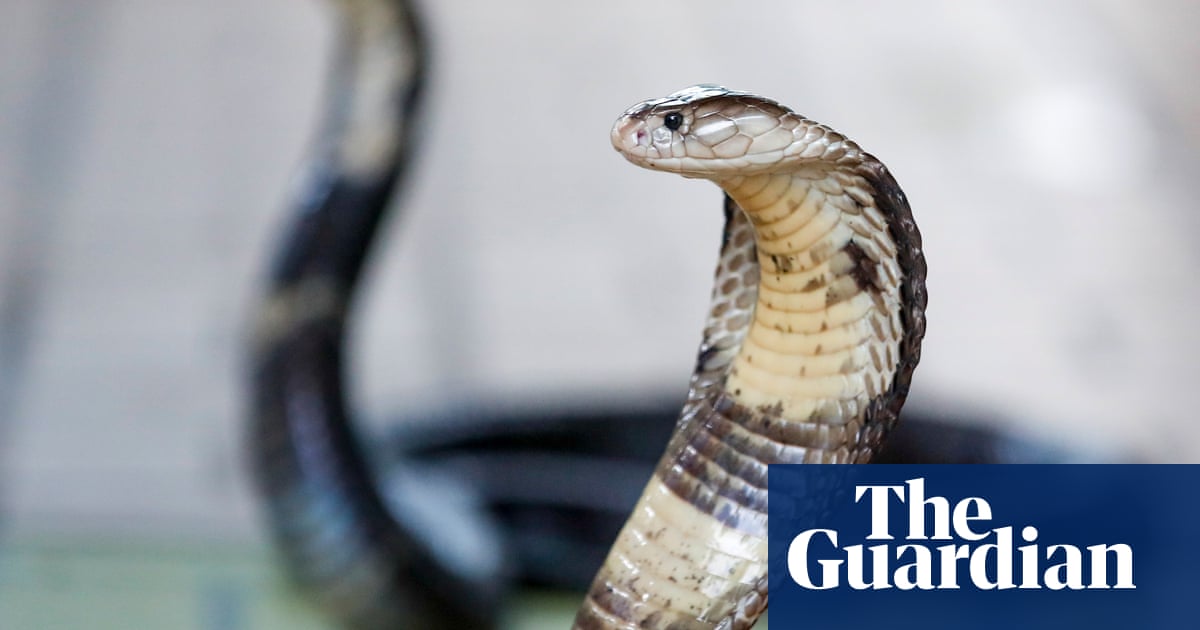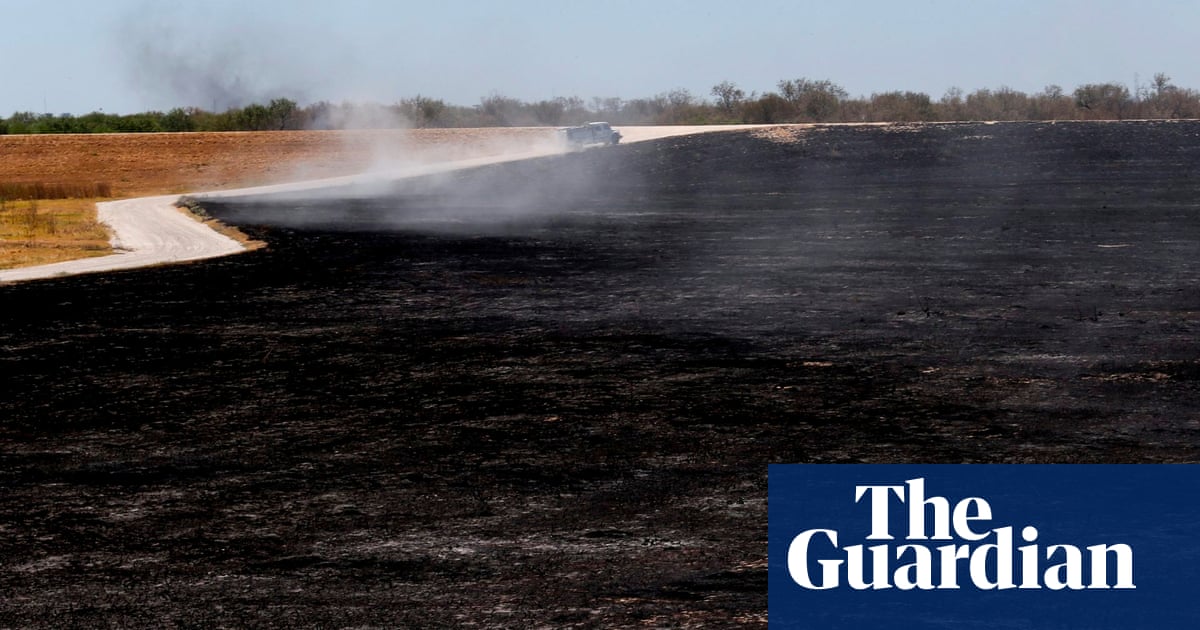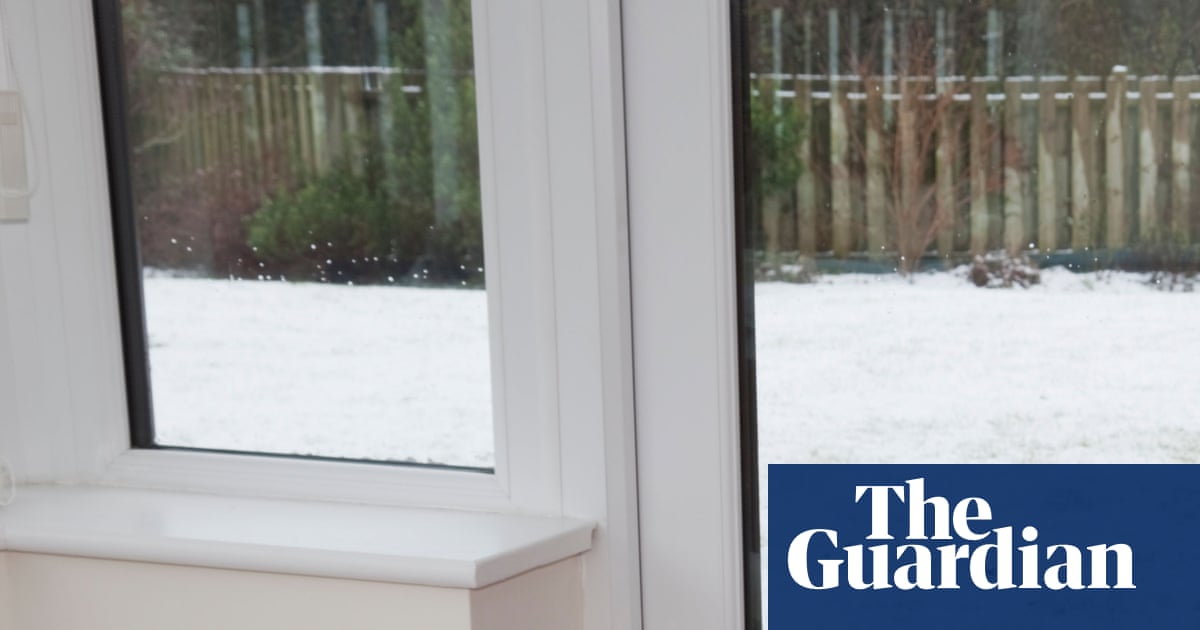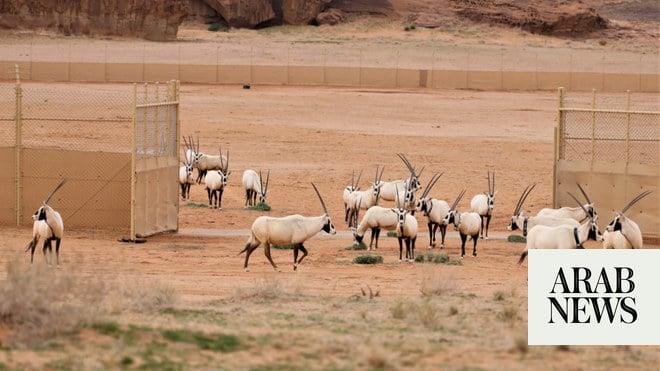
From camels in Wiltshire to bush vipers in Redditch, a veritable menagerie of wild animals is being kept in homes across Britain.
According to data from the wildlife charity Born Free, there are more than 200 wildcats, 250 primates and 400 venomous snakes living in domestic settings across England, Wales and Scotland, with cobras, crocodiles, tigers, kangaroos and bison among other residents.
Dr Mark Jones, a vet and Born Free’s head of policy, said the findings were of concern, noting that while some animals were held in groups on farms, most were kept in rather more modest surroundings.
He said: “The majority of the animals that we’re talking about here will be held in people’s private homes or in their back yards or whatever.”
The data was obtained by requesting the number of private licences granted by local authorities for animals recognised as dangerous under the Dangerous Wild Animals Act 1976. The approach excludes animals kept under zoo licences, required if animals are on show to the public for at least seven days a year.
The charity found that more than 2,700 dangerous wild animals were being kept in private settings in Great Britain, with small wildcats – or crosses between these and domestic cats – the most common. The list also includes lemurs, dingoes, leopards and lions. The figure is a rise from the 2,500 dangerous wild animals recorded in 2022.
During the progress of the 1976 law through the House of Lords, Tufton Beamish said the general policy of the bill was clear. “It is that in future the keeping of dangerous wild animals by private individuals should be made a wholly exceptional circumstance,” he said.
Jones said the number of wild animals being kept in private settings showed that the act was no longer fit for purpose.
He said that to get a licence it was necessary to apply to the local authority, which should then inspect the premises. Jones said the resources and expertise councils had to do so varied enormously.
“We’re really concerned that it’s proving far too easy for people to get licences for these animals, which really don’t belong in people’s homes,” he said, noting that unlike domesticated species, wild animals had not been bred “to live in people’s homes in close proximity to people, raising both animal welfare and health and safety issues”.
He said another concern was that some exotic animals that ended up in private homes may have been taken from the wild, which could have implications for the conservation of populations and species.
The charity also noted that the act did not cover species including constrictor snakes or monitor lizards that could also be considered potentially dangerous, while offspring of wild and domestic cat crosses were also exempt.
“Born Free also discovered that some councils are unaware of the exact species of animal being kept, despite a requirement to identify this within the legislation, which raises further serious animal welfare, and health and safety, concerns,” the charity said.
A spokesperson for the Department for Environment, Food and Rural Affairs said: “Anyone wishing to keep an animal covered by the Dangerous Wild Animals Act must be carefully vetted and apply for a licence which sets out strict conditions under which the animals must be kept.
“We keep this legislation under regular review to ensure it remains effective in keeping the public safe. We have also increased the maximum prison sentence for animal cruelty to five years, as well as bringing forward legislation to prohibit primates being kept as domestic pets.”
Born Free disputed the latter point. “What the government is in the process of implementing is a private keeper licensing system,” the charity said. “As a result, it will remain legal for the continued keeping, breeding and trading of privately kept primates so long as the keeper acquires the appropriate licence. It is important that government messaging is clear and honest in this regard.”












